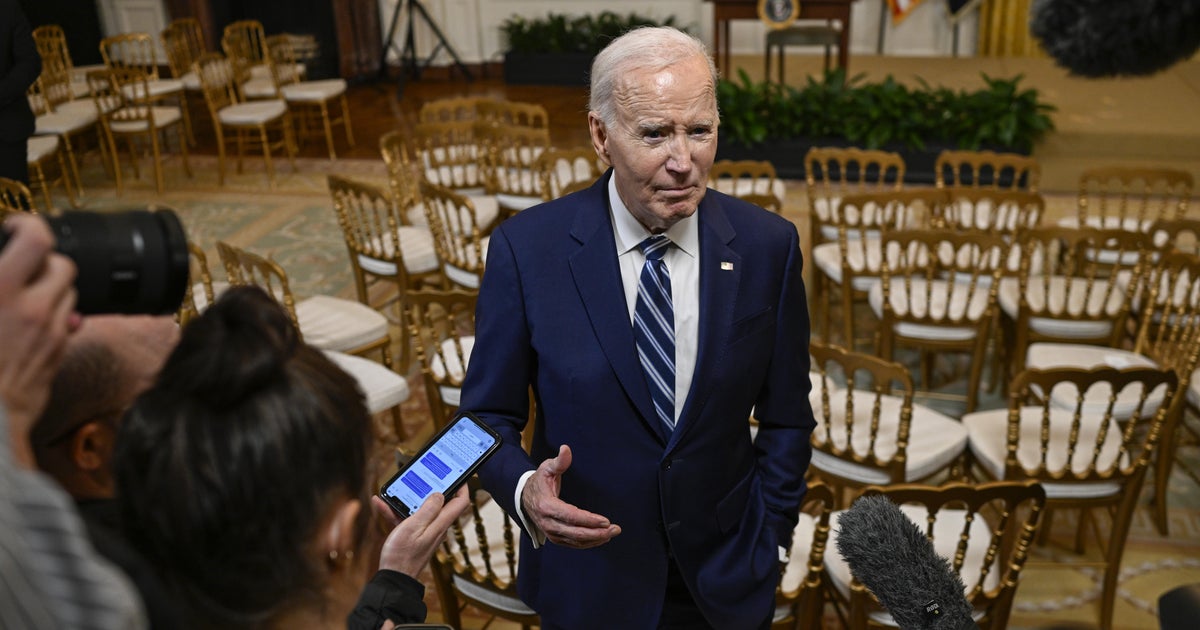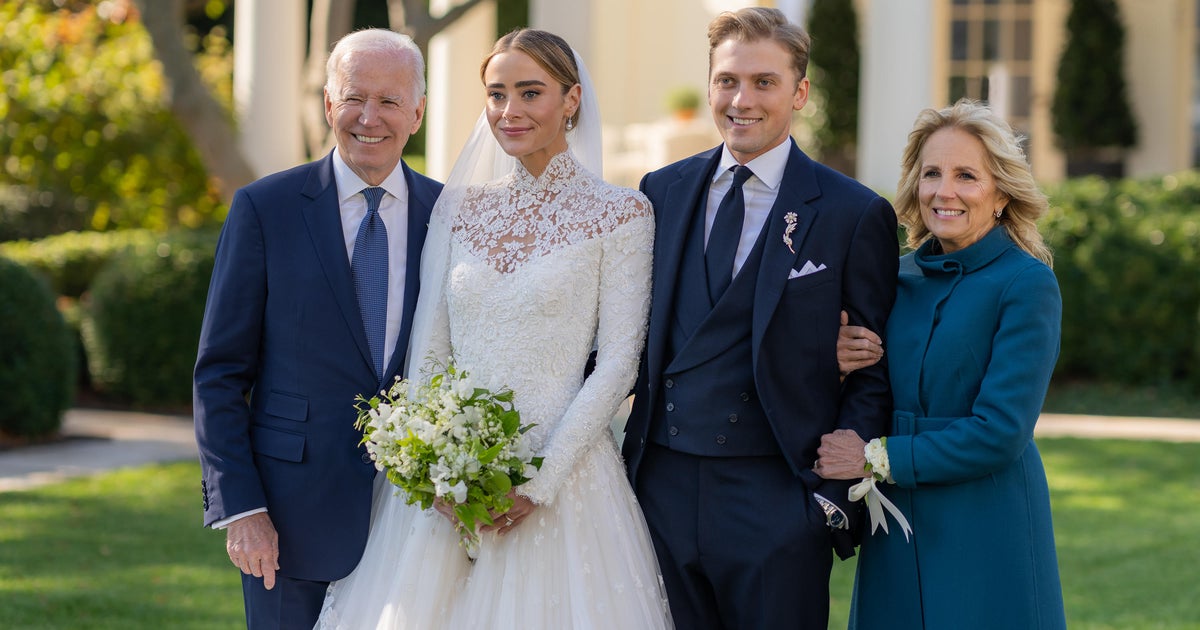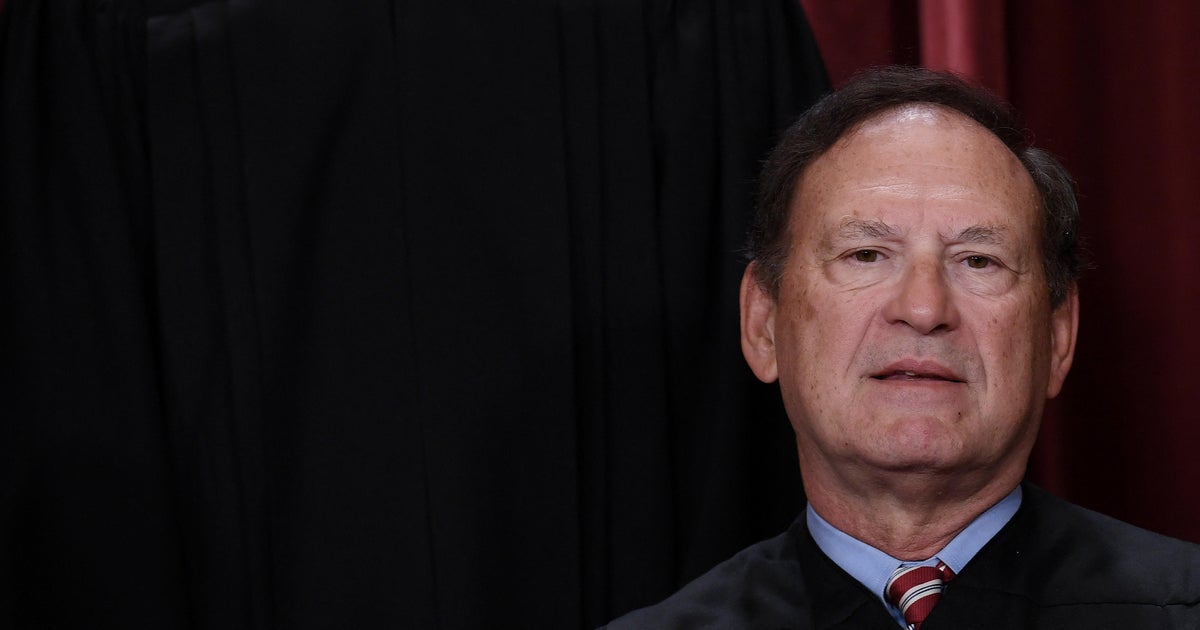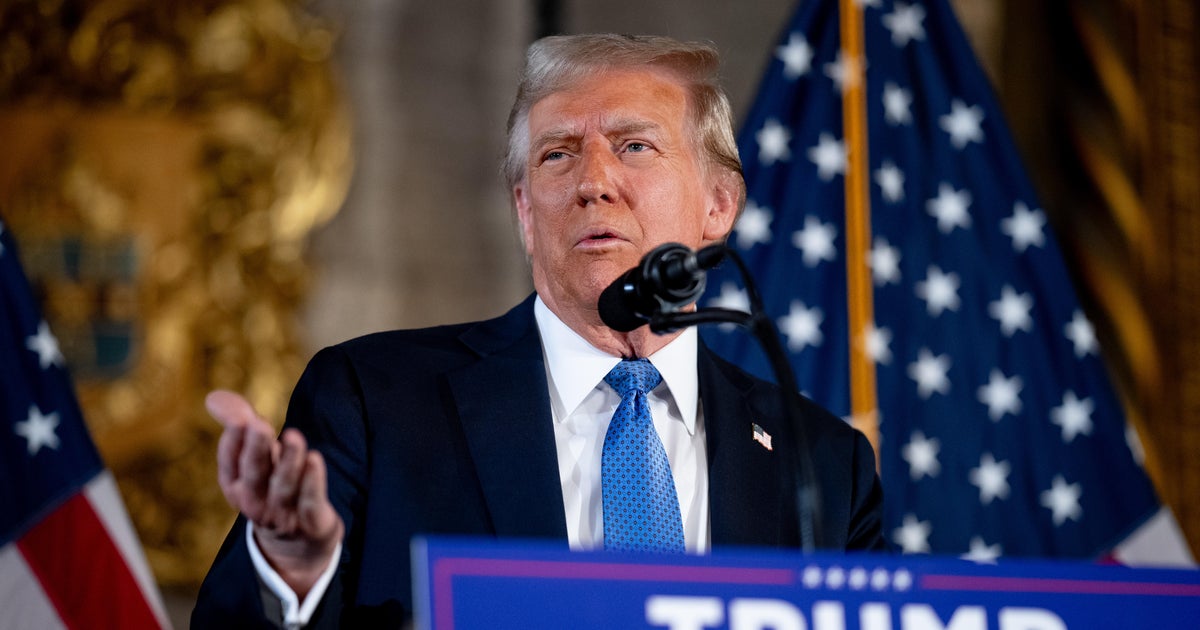Pragmatic vs. idealistic? A key split in the 2020 Democratic presidential field
"Where Did You Get This Number?" is a podcast going inside the 2020 presidential campaigns, with analysis from CBS News campaign embeds, polls and other stories from the 2020 race. Subscribe today!
The 2020 Democratic presidential candidates are flocking to Iowa this week for the Liberty & Justice Celebration on November 1. The fundraiser, hosted by the Iowa Democratic Party, features almost every 2020 candidate as a speaker. The event is one of the last big chances for the candidates to prove themselves to Iowans before Caucus Day.
The two leading candidates in Iowa, Senator Elizabeth Warren and former Vice President Joe Biden, highlight a split among Democratic voters in what policy proposals they think are realistic. For example, a recent CBS News poll found that most Biden supporters consider Warren's proposals to be idealistic, while Warren supporters believe they are realistic.
On this week's episode of the "Where Did You Get This Number?" podcast, host Anthony Salvanto sits down with CBSN political reporter Caitlin Huey-Burns to explore the split between pragmatism and idealism in the 2020 Democratic presidential field.
Democrats are also split about how to approach Republicans — divided between compromise or complete partisanship. Candidates like Senator Amy Klobuchar and Joe Biden have based their campaigns around the ideas of practicality and electability amongst Democrats and Republicans alike. This idea of pragmatism also resonates with other candidates, like South Bend, Indiana Mayor Pete Buttigieg.
"In primaries or in debates past, he would say things like, 'Republicans are going to call us all socialists anyway, so let's fight this on our terms.' Now he seems to be going after Elizabeth Warren and some other candidates, saying, 'Things you're talking about are not going to win us elections and people want to get things done,'" Huey-Burns said.
Buttigieg may have shifted to become more moderate as the primaries draw closer, but Warren has maintained her positions and it seems to be working for her. She has been steadily rising in the polls, now going head-to-head or even leading Biden, the early front-runner.
Huey-Burns spent a lot of time talking to voters at Warren's events in Iowa and many of them cited past candidates like Barack Obama, whom they called "inspirational" in "their candidacies and their big ideas."
"You know, some of them realize that maybe not everything can get done, but they want someone who can really turn out people and kind of motivate them around some key principles and also get the party to where they want it to be," Huey-Burns said.
But despite their differences in policy, all of the 2020 Democratic candidates have been big on small donors. How does this shift away from big money affect the 2020 campaign?
"I've talked to a lot of Democratic donors who are saying, you know, look, this is great that the party wants to focus on the grassroots. This is awesome that this is the kind of mentality of the voter right now, but when it gets down to the basic fundamentals of this campaign, Democrats have to have the money to compete against Donald Trump. And does this prevent that kind of money being raised?" Huey-Burns said.
Subscribe to "Where Did You Get This Number?" and download the latest episode to learn more about the 2020 candidates staking their campaigns in Iowa, the role of big money and impeachment on the primaries, Rep. Alexandria Ocasio-Cortez's endorsement of Senator Bernie Sanders, and more!
The podcast is available on Apple Podcasts, Google Play, Stitcher, Spotify, or wherever you get your podcasts.
Host: Anthony Salvanto, Director of Elections and Surveys at CBS News
Guest: CBS News Political Reporter Caitlin Huey-Burns
Production Team: Maeve Burke, Jake Rosen, Allen Peng
Twitter: @WDYGTN
Instagram: @getthisnumber



